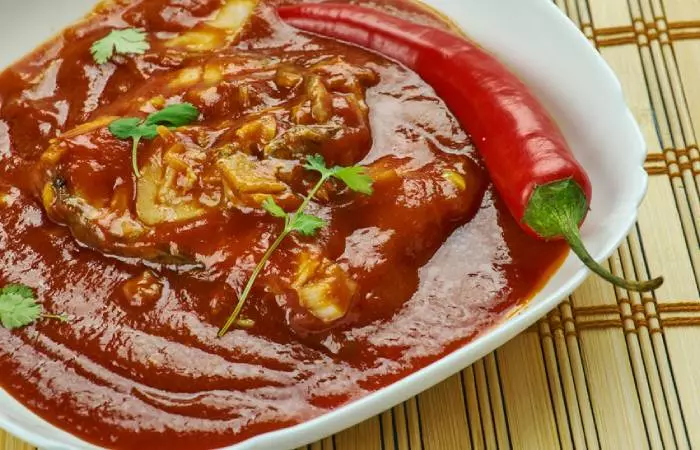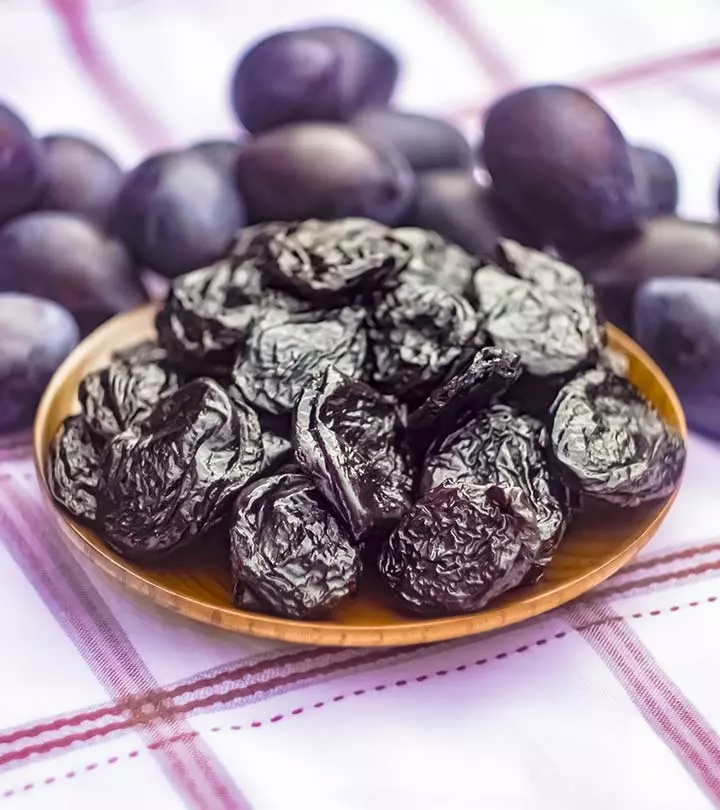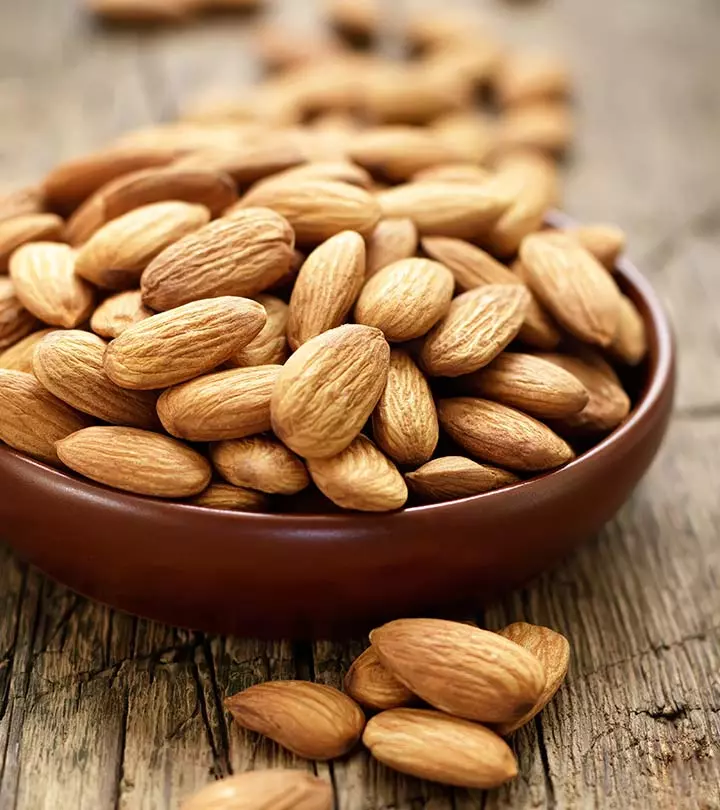How To Stop Your Stomach From Growling
Discover effective tricks to keep hunger noises silent and stay confident all day long.

Image: Shutterstock
Picture this, you’re sitting in a quiet meeting, enjoying a movie, or having a romantic dinner, and suddenly, your stomach unleashes a thunderous growl! The embarrassment and self-consciousness that come with a growling stomach can be quite unsettling, but rest assured, you’re not alone. This common bodily occurrence is mostly harmless, but if you’d like to learn how to stop your stomach from growling, we’ve got you covered with some simple strategies. Read on to know them all!
In This Article
1. Stay Hydrated
Dehydration can exacerbate stomach noises, so one of the most straightforward ways to reduce stomach growling is to stay well-hydrated. Drinking an adequate amount of water throughout the day keeps your digestive system functioning smoothly, helping to minimize gurgling and rumbling sounds. Make it a habit to carry a water bottle and take regular sips to stay hydrated.
2. Chew Your Food Thoroughly
Proper digestion begins in your mouth, so chewing your food thoroughly is essential. When you rush through meals and swallow large chunks of food, it can lead to increased stomach noises. Chewing your food well not only aids digestion but also reduces the chances of excess gas being produced, which can cause stomach growling.
3. Eat Smaller, More Frequent Meals
Instead of three large meals, consider breaking your daily food intake into smaller, more frequent meals and snacks. This can help prevent your stomach from becoming too empty, which often leads to more pronounced growling. Smaller, well-balanced meals can provide a steady supply of nutrients to your body without causing noisy disturbances.
4. Avoid Gassy Foods
Some foods are notorious for causing gas and stomach rumbling. If you’re looking to minimize stomach growling, try to avoid or limit the consumption of gassy foods. Opt for a diet that’s easier on your digestive system to reduce the likelihood of audible stomach noises.
5. Practice Mindful Eating
Mindful eating involves being present and fully engaged in your meals. When you eat mindfully, you’re less likely to rush through your food or swallow air along with it. To practice mindful eating, savor each bite, chew slowly, and pay attention to your body’s hunger and fullness cues. This can help reduce the chances of your stomach growling loudly.
6. Manage Stress And Anxiety
Stress and anxiety can impact your digestive system, leading to stomach discomfort and increased gurgling. Techniques like deep breathing, meditation, yoga, or regular exercise can help manage stress and promote better digestion. By maintaining a calm and relaxed state, you can reduce the likelihood of noisy stomach growling in stressful situations.
7. Try Over-The-Counter Digestive Aids
For those who experience frequent and disruptive stomach growling, over-the-counter digestive aids can be a helpful solution. Products containing simethicone, which breaks up gas bubbles in the stomach, can provide relief from excessive gas and its accompanying sounds (1). However, make sure to consult a healthcare professional before using any medication or supplement.
8. Peppermint Or Ginger Tea
Peppermint and ginger teas are known for their digestive benefits (2). They can help soothe the stomach and reduce gas, which in turn may minimize stomach growling. Sip on a warm cup of peppermint or ginger tea after a meal to promote digestion and prevent loud rumbling.
9. Stay Active
Regular physical activity not only promotes overall health but can also support a healthy digestive system. Exercise helps to keep food moving through your digestive tract and reduces the likelihood of gas buildup, which can lead to stomach growling. Incorporate activities like walking, jogging, or yoga into your routine to improve your digestion.
10. Avoid Chewing Gums And Carbonated Drinks
Chewing gums and carbonated drinks introduce excess air into the digestive system, leading to stomach growling. If you’re prone to loud stomach noises, it’s best to limit or avoid these products. Opt for plain water or herbal teas instead of carbonated beverages, and choose alternative breath fresheners that don’t involve chewing gum.
11. Monitor Food Sensitivities
Some individuals have specific food sensitivities or intolerances that can cause excessive gas and stomach noises. Common culprits include lactose intolerance, gluten sensitivity, and other dietary issues. If you suspect you have food sensitivities, consider working with a healthcare professional to identify and manage them.
12. Consult A Healthcare Professional
If your stomach growling is persistent, accompanied by discomfort, or interferes with your daily life, it’s essential to consult a healthcare professional. Chronic and disruptive stomach noises could be a symptom of an underlying medical condition, such as irritable bowel syndrome (IBS) or gastroesophageal reflux disease (GERD) (3). A healthcare provider can perform the necessary evaluations and provide appropriate guidance and treatment.
Remember, a growling stomach is a natural part of digestion, and it happens to everyone from time to time. While you can take steps to minimize its occurrence, don’t let the occasional rumble make you self-conscious. Instead, embrace it as a normal part of being human, and focus on the simple strategies outlined above to keep your belly content and quiet.
Read full bio of Indrani Karmakar































Community Experiences
Join the conversation and become a part of our empowering community! Share your stories, experiences, and insights to connect with other beauty, lifestyle, and health enthusiasts.